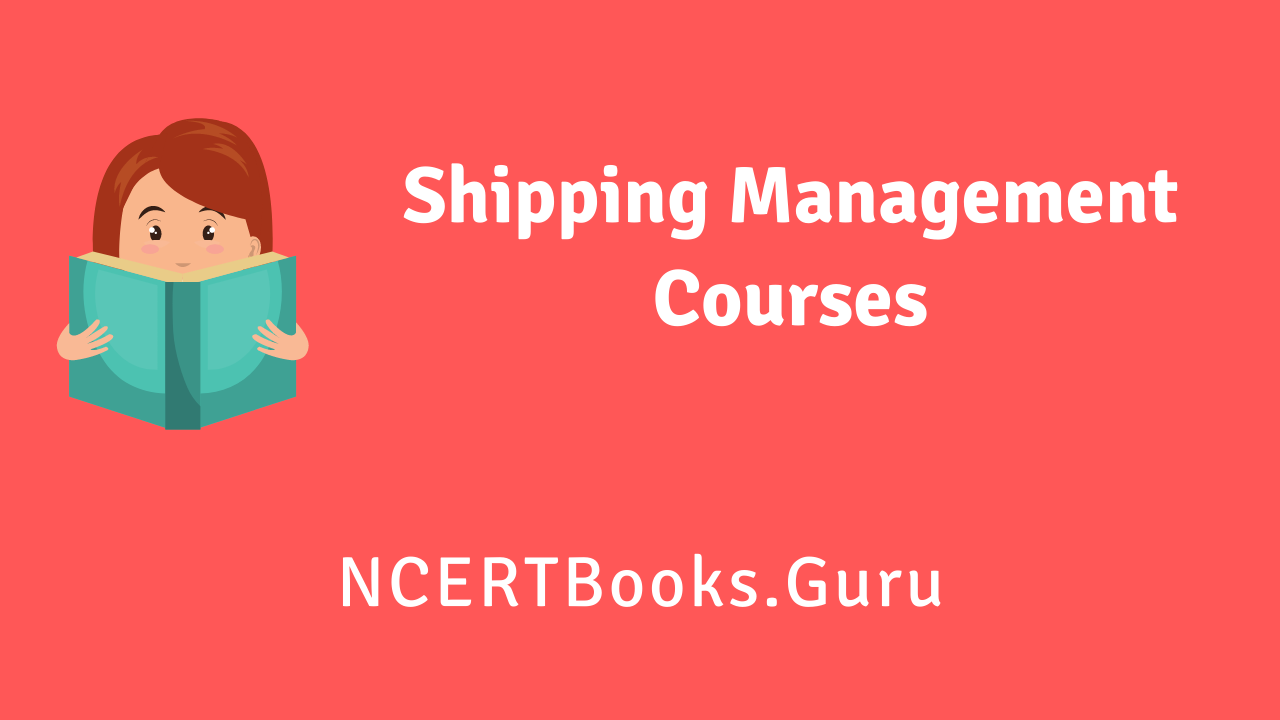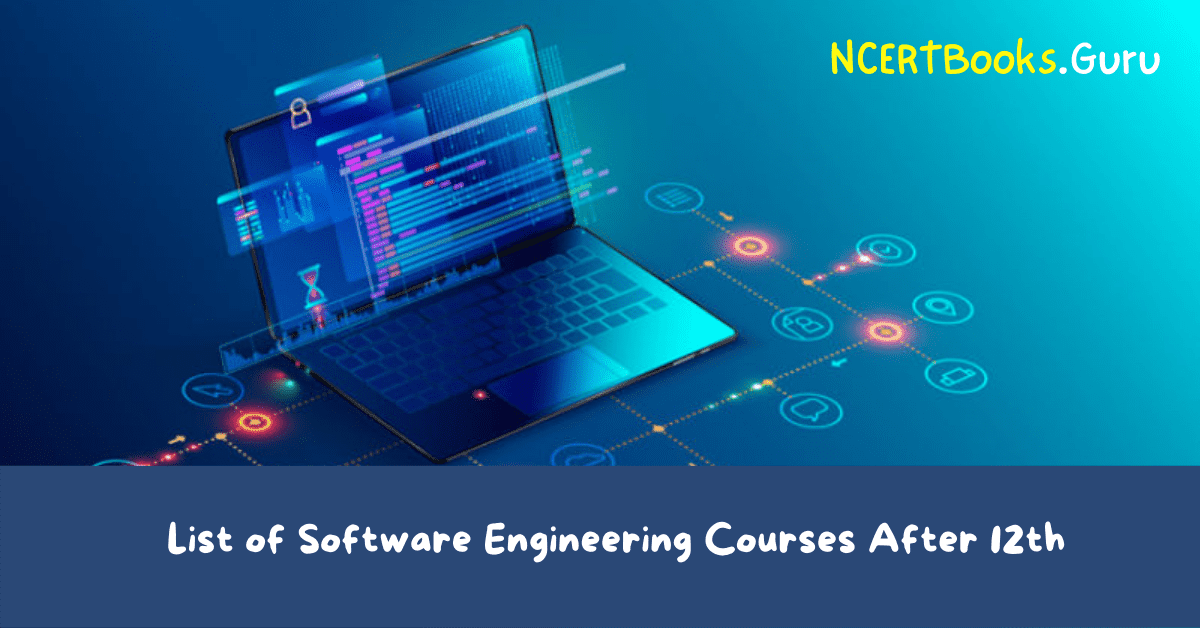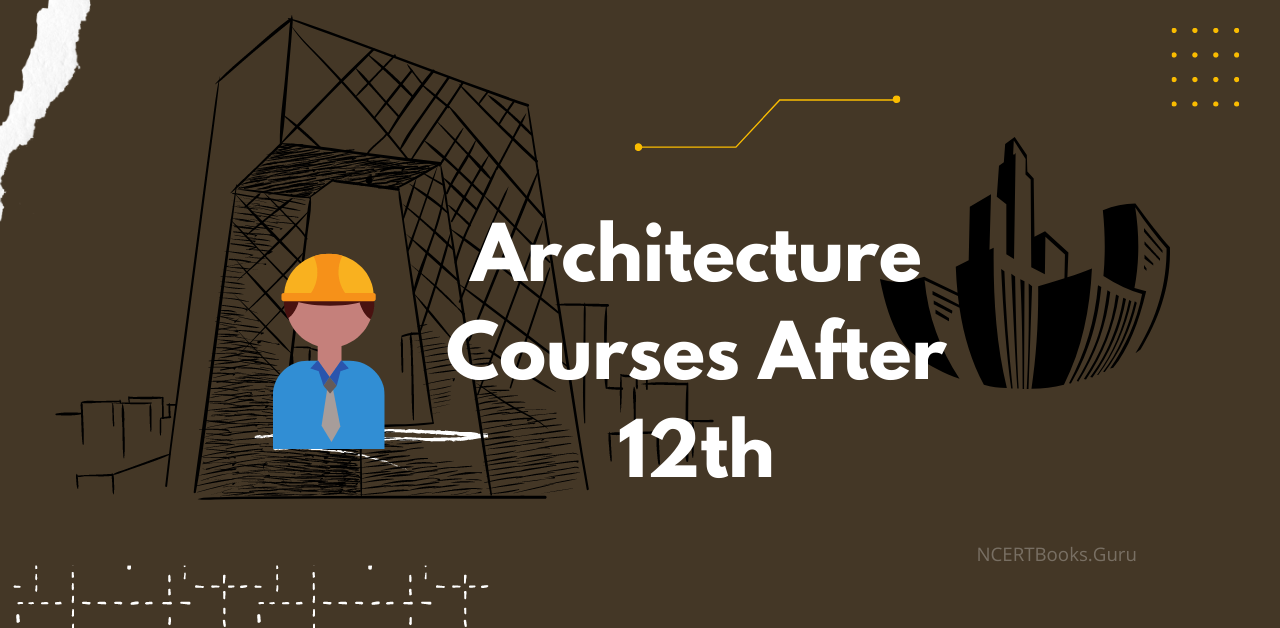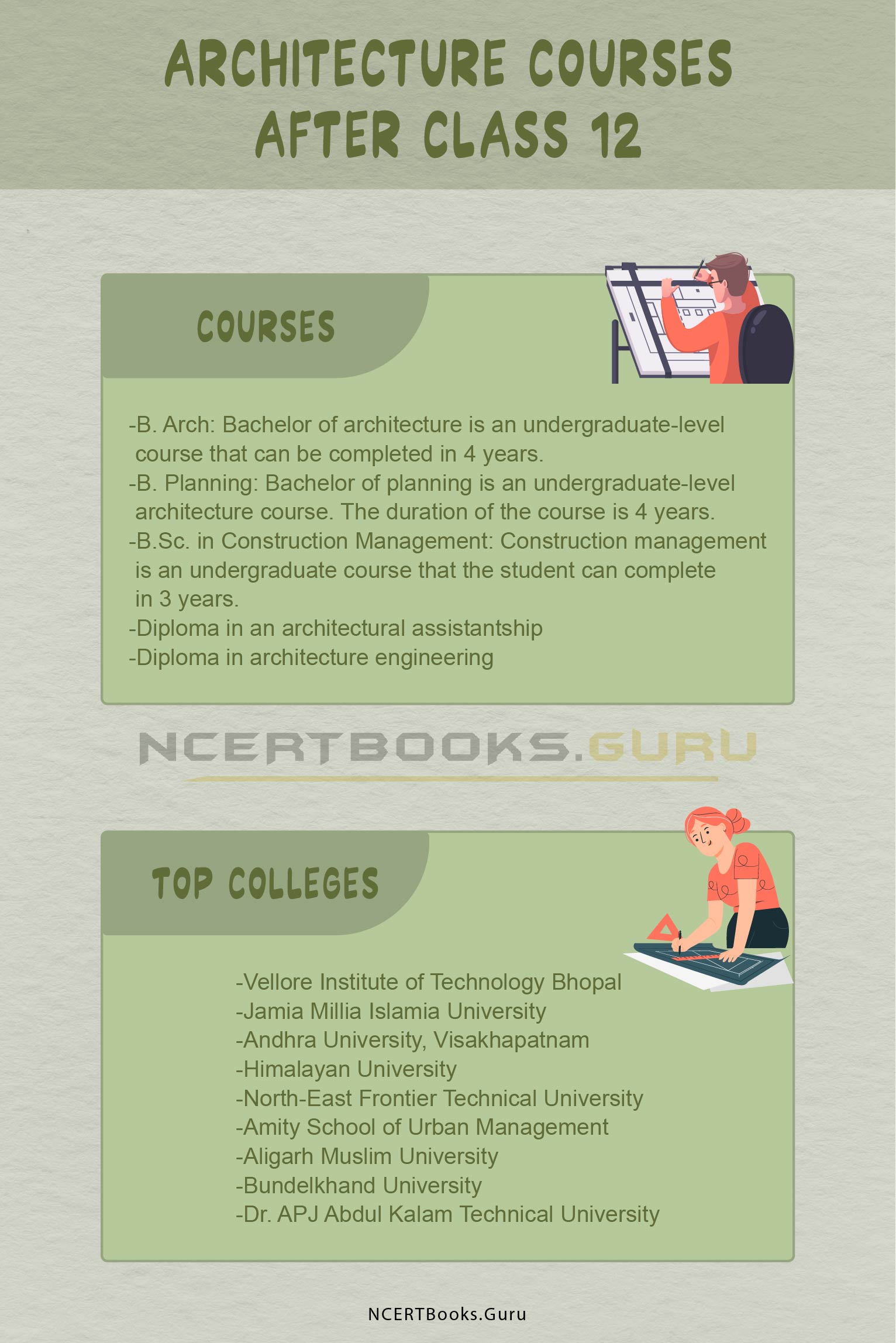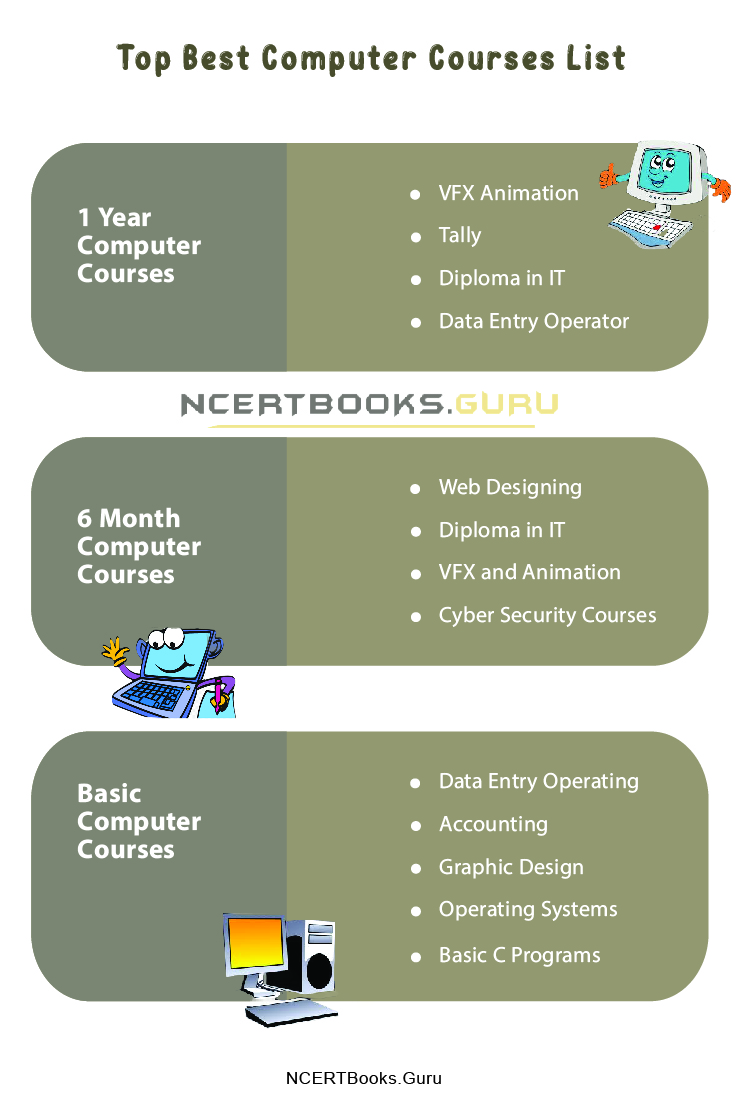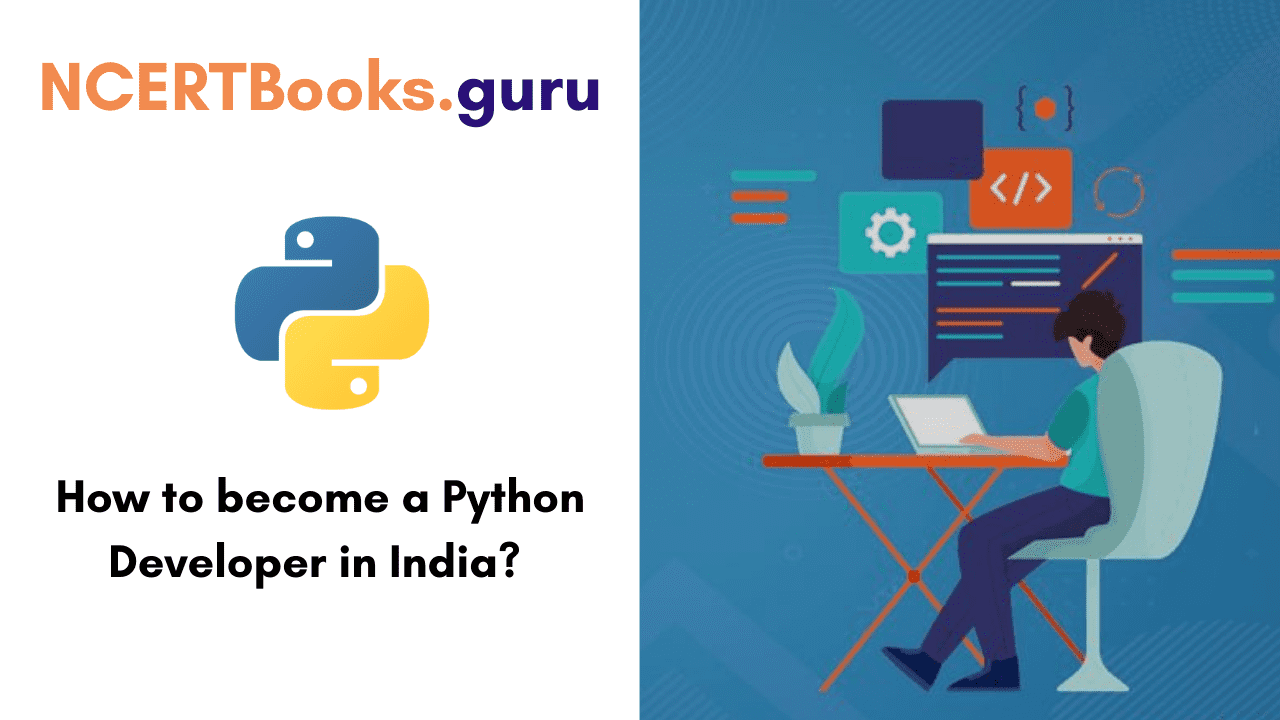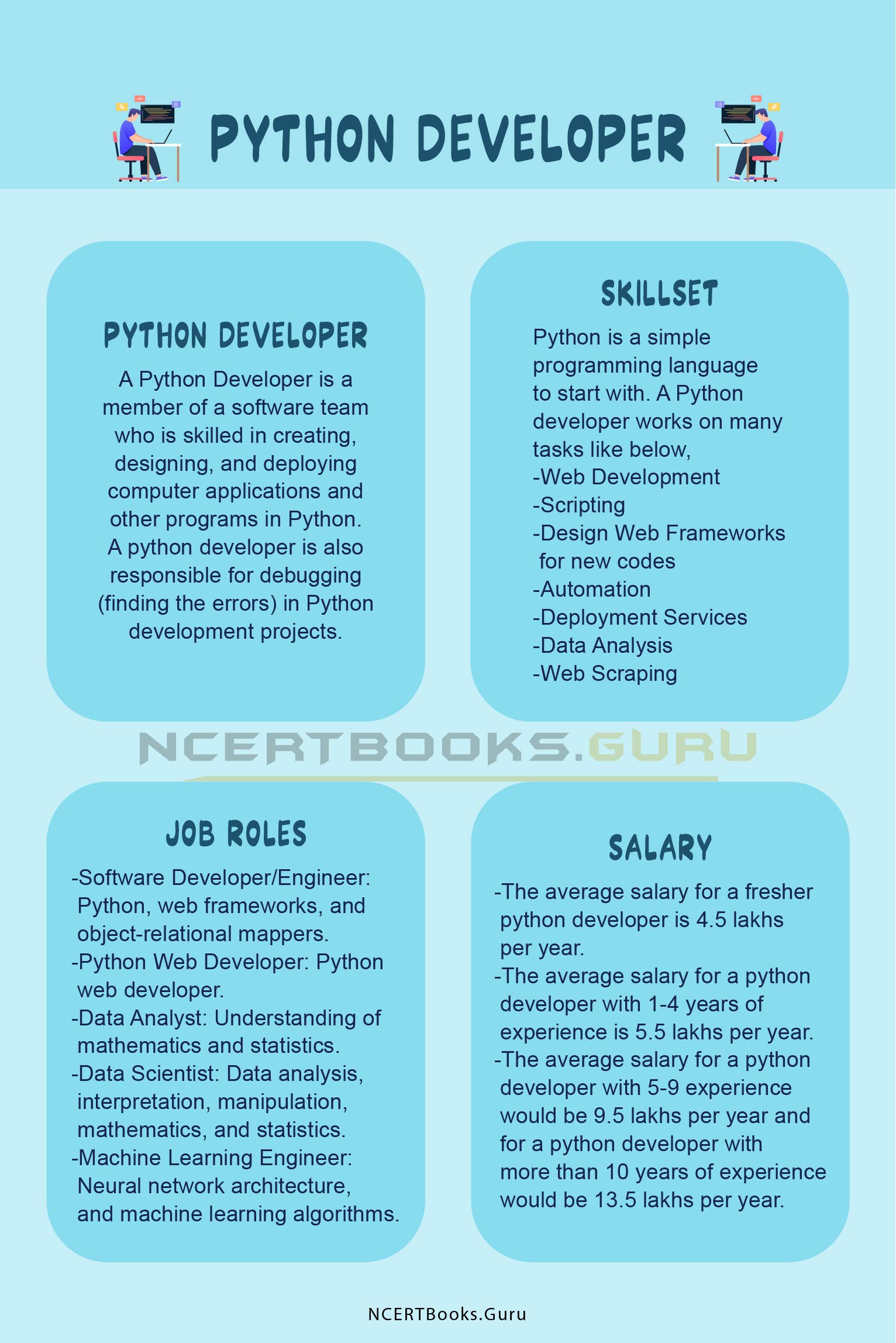Shipping Management Courses: As the name suggests, shipping management revolves around the management of ships. It is a vital branch of the maritime industry. Shipping management includes traffic of cargoes, such as oil tankers, dry bulk carriers, container carriers, ferries, passenger ships, and many more. The shipping line operates the ship’s cargoes for commercial purposes. There are government and private operators. Shipping operators manage over 89% of global trade and commerce.
India, being a peninsula, has one of the most extensive coastlines. Furthermore, India carries out 95% trading volume through 212 ports. Eyeing the rise in external trade to US$838.5 in the financial year 2019, economists predict that there is an extensive scope of growth in the coming years.
- What is Shipping Management?
- Essential Skill sets for Shipping Management Course
- Shipping Management Course Details
- Subjects, Concepts in Shipping Management Course
- College List Offering Shipping Management Courses
- Shipping Management Course And Eligibility
- Syllabus of Shipping Management Course
- Shipping Management Course Fee Structure
- Shipping Management Course Admission Procedure
- Shipping Management Course Duration
- Job Profiles for Shipping Management
- Prospects of Shipping Management Courses
- Salary Offered to Shipping Management Professionals
- Top Recruiting Companies for Shipping Management Professionals
- What is the shipping management course all about?
- What is the future of shipping management?
- Is the shipping management course the right career choice for me?
- What do I need to do to become a shipping manager?
Shipping Management Course Details
A shipping management course is the study of shipment management, cargoes, carriage of goods, and services. If you find your interest in cargo via sea route, a ship management course is meant for you. Here you will find various information concerning shipping management courses.
What is Shipping Management?
India’s trade and commerce are highly dependent on the sea route since a significant part of the country is surrounded by water bodies. Thus, India’s shipping management connects the nation with the other part of the world. India has thrust the responsibility of managing ships to the ship management company by signing a contract for a specific duration. Sometimes, owners lease the ship to the company or offer services to the ship management companies.
Essential Skill Set For Shipping Management Course
Apart from interest and mental aptitude for a shipping management course, it is crucial to display an exceptional portfolio that entails your essential skill sets. Appearing in an interview could be a matter of displaying your knowledge for the subject. However, the shipping management job requires a reasonable degree of physical strength and other qualities. The following soft skills can do wonders for the prospective candidates.
- Physical agility
- Alertness and adaptability
- Excellent communication skills
- Demonstrative
- Skills to maintain a good rapport
- Well-organized
- Analytical skills
- Problem-solving skills
- Patience
- Love for sea
Shipping Management Course Details
The shipping management course offers undergraduate and postgraduate courses for aspiring candidates. Here you will find brief course details summarized in a tabular form.
| Course Highlights | Diploma/Certificate Courses | Bachelor’s Degree Courses | Master’s Degree Courses | PGDM Courses |
| Duration | 2 months to 2 years | 3 years | 2 years | 1 to 2 years |
| Eligibility | 10+2(any stream) | 10+2(any stream) | 10+2+3 | 10+2+3 |
| Admission Process | Merit Basis | Merit Basis | CAT/MAT score | CAT/MAT score |
| Course Fees | INR 20,000 to 1 lakh | INR 1 lakh to 2 lakh | INR 1 lakh to 2 lakh | INR 1 lakh to 2 lakh |
| Average Salary | INR 1 lakhs to 2 lakhs | INR 1.5 lakhs to 2.5 lakhs | INR 5 lakhs to 7 lakhs | INR 5 lakhs to 7 lakhs |
| Job Position | Shipping Assistant, Logistic Assistant, Junior Purchaser, Transportation assistant, etc. | Logistic Manager, Shipping Manager, Transportation Manager | Senor Shipping Manager, Port Manager, Yard Manager, Operations Manager | Senor Shipping Manager, Port Manager, Operations Manager |
Subjects, Concepts in Shipping Management Course
Master’s Degree in Shipping Management Course
In the master’s degree shipping management course, students will undertake the following subjects –
- Maritime business,
- Accounts management,
- Finance management,
- Liner trade and freight forwarding,
- Port and terminal management,
- Port planning,
- Shipment management,
- Maritime law,
- Supply chain management
Bachelor Degree in Shipping Management Course
In the bachelor’s degree shipping management course, the subjects included liner trade, general management and business administration, port operations, customs procedure, transport and distribution management, etc.
Diploma in Shipping Management Course
The subjects pertaining to diploma and certificate shipping management courses are logistic management, total quality management, safety management, and shipping management.
College List Offering Shipping Management Courses
Here is a list of top colleges, universities, and institutes for shipping management courses.
| Sl.No. | Name of Educational Institution | Location |
| 1 | NIMT Institute of Management (NIMTIM) | Jaipur |
| 2 | NMIMS Global School of Continuing Education | New Delhi |
| 3 | Sai Nath University | Bihar |
| 4 | IILM Academy of Higher Learning | Jaipur |
| 5 | International Maritime Academy | Chennai |
| 6 | Jaipur National University | Jaipur |
| 7 | Jagannath University | Jaipur |
| 8 | Raffles University | Neemrana |
| 9 | Krupanidhi School of Management | Bangalore |
| 10 | Bangalore College of Management Studies | Bangalore |
| 11 | University of Technology | Jaipur |
| 12 | Amity Business School | Noida |
| 13 | International School of Business and Media | Kolkata |
| 14 | Nehru Arts and Science College | Coimbatore |
| 15 | Lloyd Business School | Greater Noida |
| 16 | Aarupadai Veedu Institute of Technology | Chennai |
Shipping Management Course And Eligibility
Master’s Degree or PG Diploma in Shipping Management Course
Colleges, and universities will deem the aspirants eligible for a postgraduate course, such as PG Diploma in shipping management, or master’s degree in shipping management if the following criteria are met:
- The candidate applying for a master’s degree shipping management course must be a graduate in a similar specialization.
- The candidate must have attained at least 55% aggregate marks in bachelor’s degree course.
- The candidate who opts for MBA in shipping management needs to show their CAT/MAT/IMUCET scores.
Bachelor’s Degree in Shipping Management Course
The candidate must qualify to enroll in the bachelor’s degree course in shipping management if he or she satisfies the following requirements.
- The candidate must have passed 10+2 from any stream from a recognized board or equivalent.
- The candidate must have attained 45% to 55% marks in the board examination.
Diploma in Shipping Management Course
The candidate who is desirous of pursuing a diploma in shipping management must satisfy the following eligibility criteria.
- The candidate must have passed 10+2 or higher secondary examination or equivalent.
- The candidate must have a minimum of 45% to 50% marks from a recognized board or school.
Syllabus for Shipping Management Course
It is best to have prior knowledge of the syllabus of shipping management. Enlisted below is the outline of the course structure.
- Economics
- Finance
- Liner Law
- Business Law
- Maritime Law
- Marketing
- Custom Laws
- Port Operations and Management
- Logistics Management
- Internship
Also, Check:
- Travel and Tourism Management Courses
- Graduate Diploma in International Hotel and Tourism
- BBA Syllabus
- Bbm Course
Shipping Management Course Fee Structure
The fee structure for shipping management courses varies from institute to institute. Undoubtedly, government colleges’ fee is lesser than private institutions. However, the colleges’ rating also decides the free structure. The fee structure also depends on the program you enroll in. Also, know about Management Engineering Courses, Hotel Management Courses, Sports Management Courses on this website.
Shipping Management Course Admission Procedure
The admission procedure is based on the program. A postgraduate degree course’s admission process is different from a bachelor’s or a diploma course in shipping management. However, for a smooth flow of admission procedure, the candidate must carry the necessary documents for the reserved category.
Master’s Degree in Shipping Management Course: Though some colleges take admission based on the merit list, MBA programs require the candidates to appear in the entrance test.
The list of different types of entrance exams is mentioned below.
- CAT
- MAT
- ATMA
- IMUCET
- XAT
Bachelor’s Degree in Shipping Management Course: In most cases, institutes enroll eligible candidates based on the merit list. Some educational institutes take into consideration aptitude test scores. However, each college has a separate set of admission procedures.
Diploma in Shipping Management Course: Admission to diploma courses in shipping management is based on the merit list. Your mark sheet percentage is vital for admission.
At the time of admission, the candidate must carry the mandatory documents. You would need to present original documents, a mark sheet, two passport-sized photographs, and other requirements specified by the college or institute.
Shipping Management Course Duration
The duration of the shipping management course depends on the program you choose. All bachelor’s degree courses are for three years consisting of two semesters. The tenure for master’s degree courses in shipping management is two years, with generally two semesters each year.
However, candidates looking for a short course can opt for a diploma or certificate course. Usually, diploma courses are as short as two months. However, some diploma courses can extend up to twenty-four months to cover a specific course.
Job Profiles for Shipping Management Course
After completing the shipping management course, candidates get offers for positions, such as supply chain analyst, master scheduler, logistic analyst, logistic manager, and so on. Candidates who complete the shipping management course can land themselves in the logistic firms, shipping companies, MNCs and business houses, consultation agencies, import-export firms, etc. Furthermore, aspirants have doors open in supply chain management firms and agencies dealing with the shipping and logistics industry. Port operations, agency and brokerage management, and container yard management are more career options for graduates in shipping management.
Prospects of Pursuing Shipping Management Course
Aspiring candidates who complete a shipping management course have a plethora of career avenues. India’s trade and commerce is based on the contribution of shipping firms and their employees. A significant portion of import-export relies on shipping and logistic agencies. The shipping management offers a lucrative pay package and an exciting job profile. Furthermore, a career in shipping management is ideal for you if you find the sound of the sea waves enchanting,
Salary Offered to Shipping Management Professionals
The pay package offered to ship management professionals ranges anywhere between INR 1 lakh to 8 lakhs annually. An experienced candidate can get up to 21 lakhs annually. However, the salary structure depends on an individual’s hierarchy position and on individual ability.
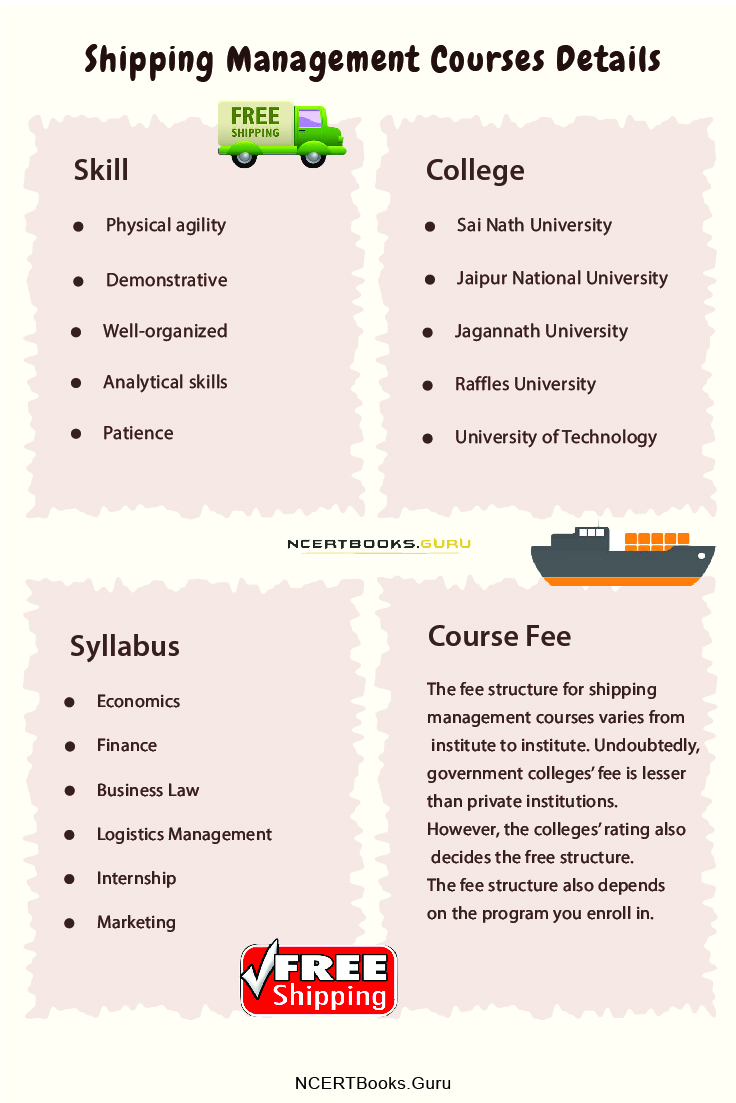
Top Recruiting Companies for Shipping Management Professionals
Professionals in shipping management looking for secured jobs can apply in relevant government departments, and logistic agencies, etc. Furthermore, private agencies and firms also have a high demand for professionals in this field. Here is a list of a few organizations.
- Ions Pharma
- Nimbus Maritime Services Pvt. Ltd.
- Maersk Line,
- CMA CGM,
- Freight Systems India Pvt. Ltd.
- Falcon Services
- Shipping Corporation of India Ltd.
- DataGroup Geospatial Technology Pvt. Ltd.
- Ocean Star Ships
- MSCCS India
FAQ’s on Shipping Management Courses
Question 1.
What is the shipping management course all about?
Answer:
Ship management courses include BBA in shipping and logistics, diploma in shipping management, MBA in shipping management, MBA in port and shipping management, PG diploma in shipping and logistics management courses, and many more.
Question 2.
What is the future of shipping management?
Answer:
Shipping management has a futuristic approach as 95% of India’s a trade and commerce are executed via sea route. The economists view a massive expansion in the shipping and cargo industry in the coming years.
Question 3.
Is the shipping management course the right career choice for me?
Answer:
Shipping management courses entail economics, transportation and port management, import-export rules and regulations, operation management, and supply chain strategy. The shipping management course is right for you if these aspects excite you.
Question 4.
What do I need to do to become a shipping manager?
Answer:
A shipping manager must be an MBA in shipping management or MBA in port and shipping management, or BBA in shipping and logistics. Apart from that, you should have good leadership skills. You should also possess critical thinking capacity and problem-solving skills.
